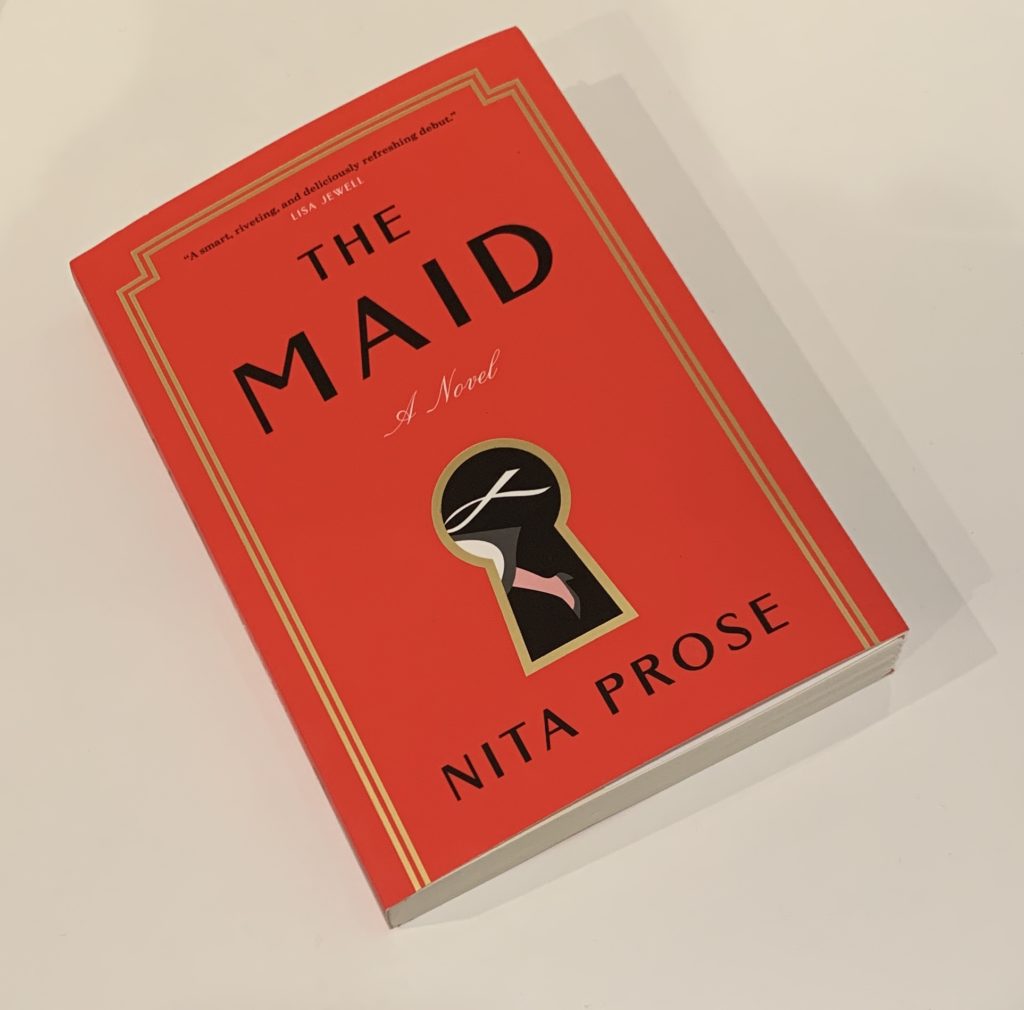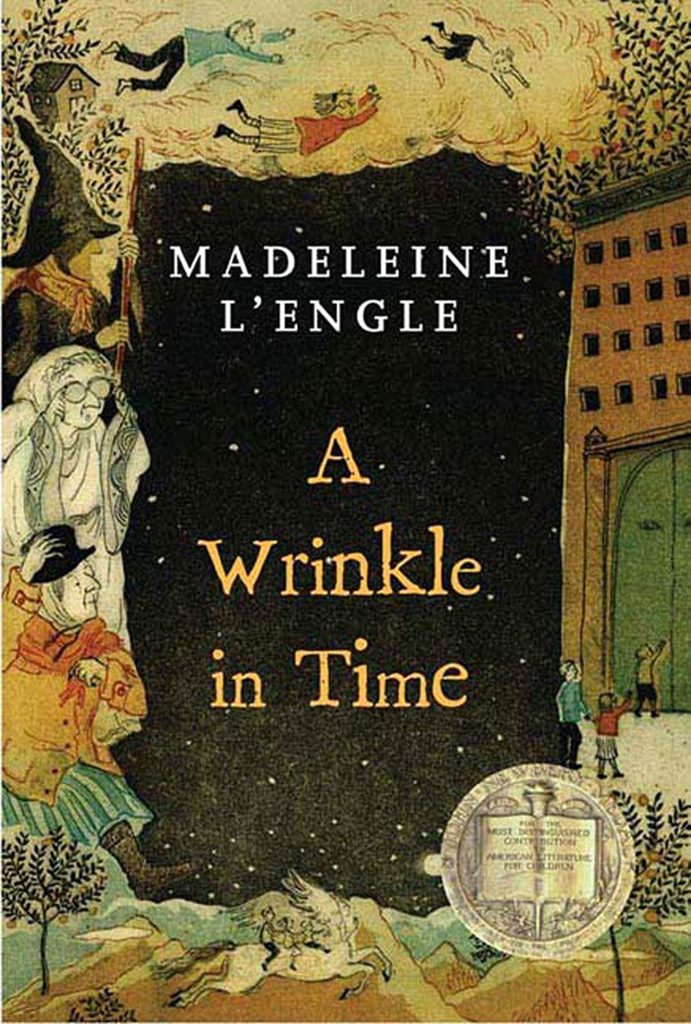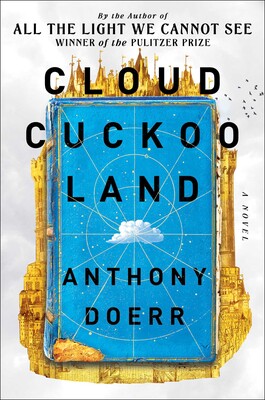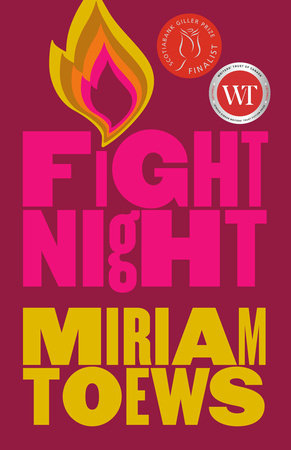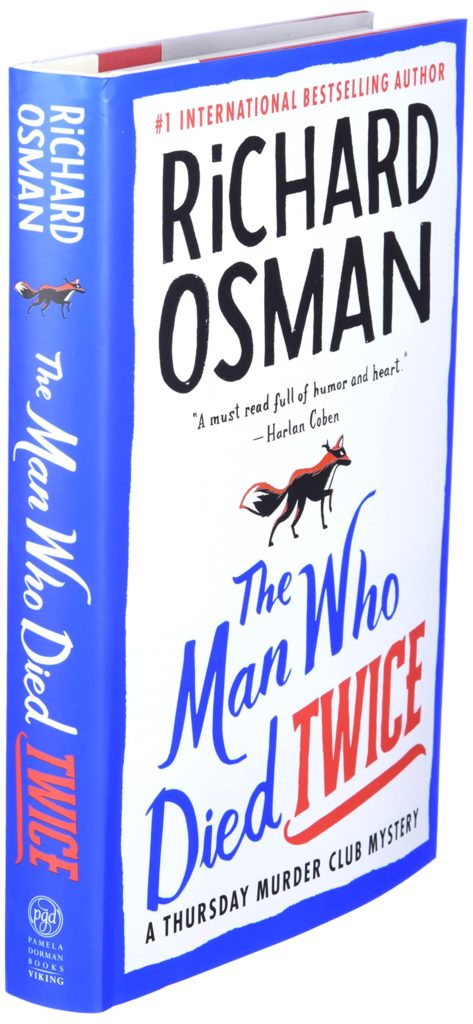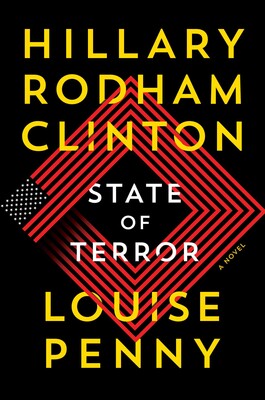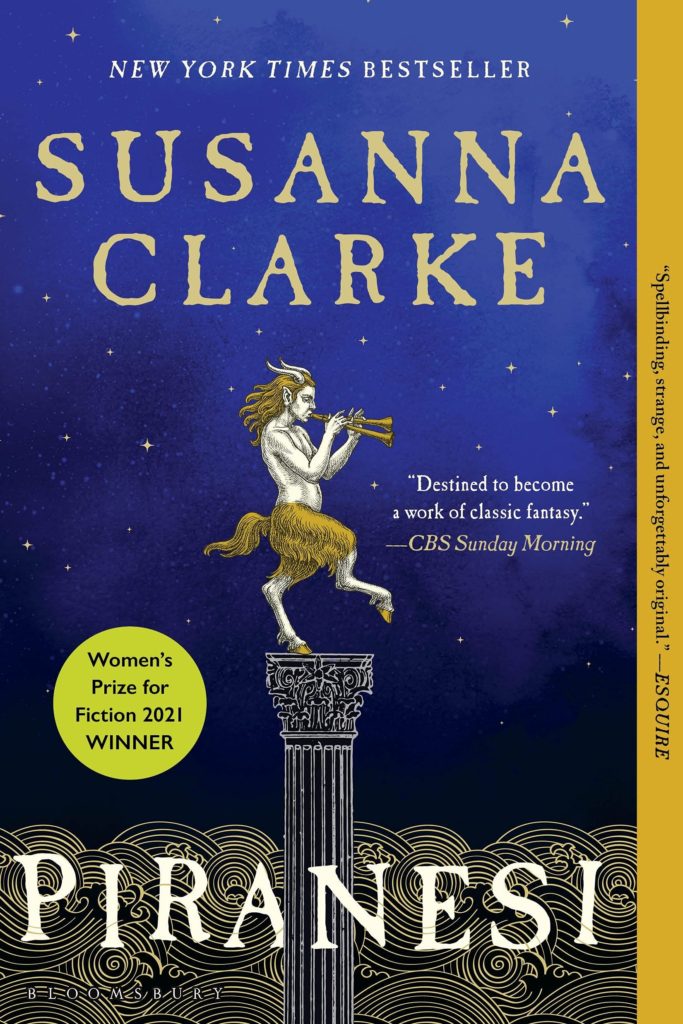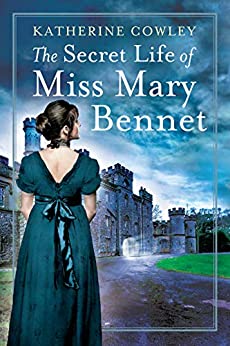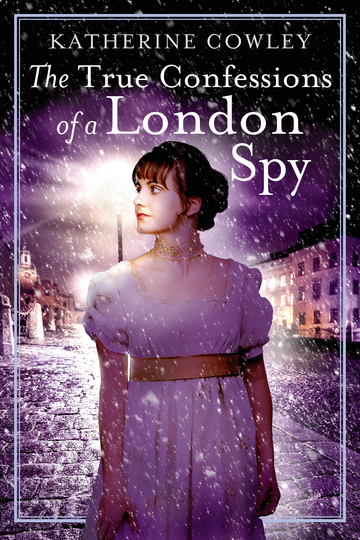
I absolutely LOVE Katherine Cowley’s The Secret Life of Mary Bennet Series. The books are smart and witty, and a wonderful nod to Jane Austen.
The True Confessions of a London Spy is the second novel in this trilogy. Our heroine, Mary Bennet of Pride and Prejudice, finds herself acting as a spy for the British government. She must juggle the expectations of a lady (extravagant balls, chaperones, and asking her brother-in-law permission to leave the house) along with solving the murder of a government messenger, spying on members of parliament, and avoiding harm.
If you’re an Austen fan then you know that Mary Bennet is the lesser known of the Bennet sisters. Elizabeth (Darcy) is often the star of the show. Mary is the middle child, with Jane and Elizabeth as her older sisters and Kitty and Lydia as her younger sisters. Being overlooked is quite familiar to Mary. It’s also what helps her.
Mary could admire Elizabeth. She could aspire to some of Elizabeth’s attributes, and she could use her knowledge of how Elizabeth acted in particular situations to help her take the best possible actions as a spy. But she would not let herself be consumed by envy. She could set it aside, and not let it be a focus of her attention. It was better to become one’s fullest self than to attempt to become someone else.
chapter 8
You don’t have to be a Jane Austen fan to love and appreciate these books, but if you are then I think you will come to adore Mary Bennet the way I do. She’s vain and pedantic and actually quite as beautiful as her older sisters and just as quick and mischievous as her younger sisters.
I absolutely cannot wait for the third book in this series. Full applause to Katherine Cowley for such a fun read.
Find the books at your local bookstore, check out the author’s site, or see my review of book 1 The Secret Life of Miss Mary Bennet.
